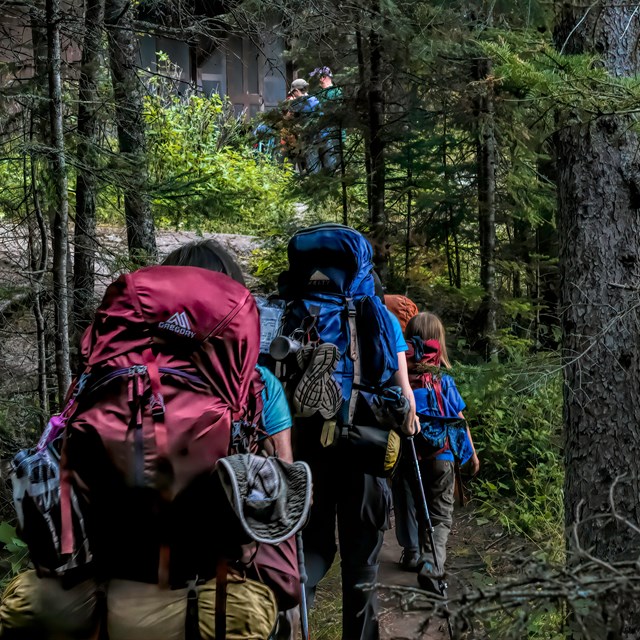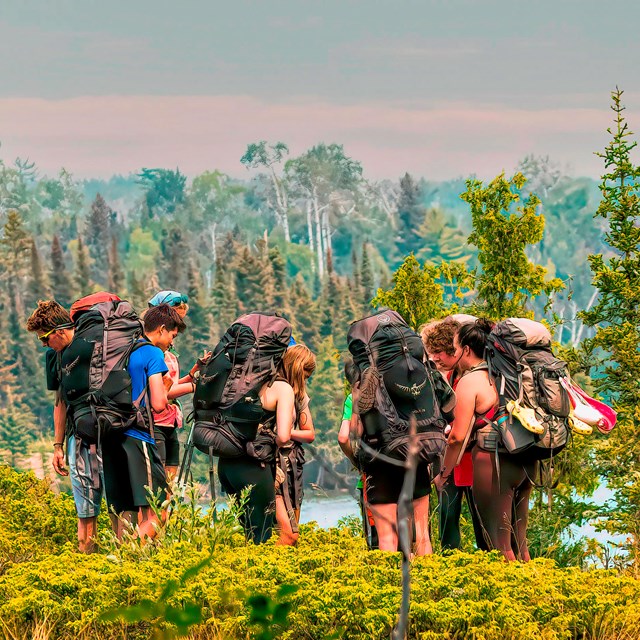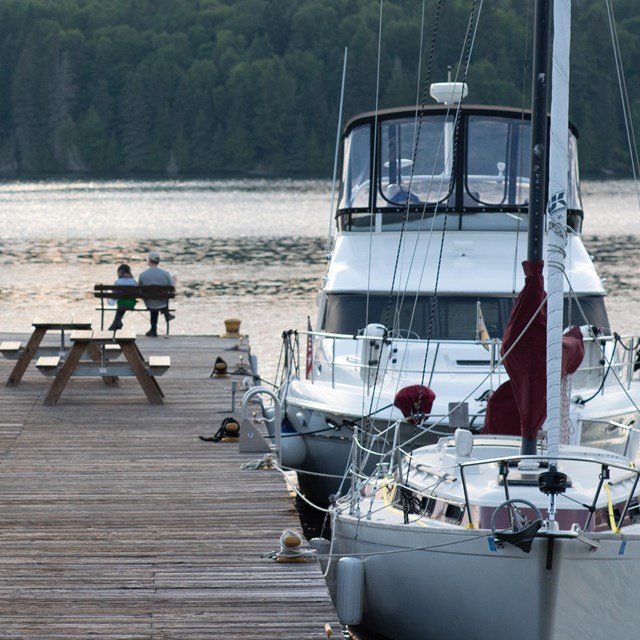
Nelson Decker The National Park Service conserves and protects areas of untold beauty, grandeur and historical importance for current and future generations. The tradition of capturing images of these special places started with explorers who traveled with paint and canvas or cameras. Sharing these images helped inspire the creation of national parks. Today, visitors to national parks continue to memorialize their visits through filming and photography. Filming, Still Photography, and Recorded Audio in Non-Wilderness AreasIn most cases, permits and fees are not required for filming, still photography, or audio recording that involves eight or fewer individuals in non-wilderness areas. In order to avoid permit and fee requirements, the filming, still photography, or audio recording must meet all of the following conditions:
Filming, Still Photography, and Recorded Audio in Wilderness AreasPermits and fees are required for filming, still photography, or audio recording in wilderness areas. You may need a permit if the activity:
FeesWhen a permit is required, the National Park Service will charge location fees as well as fees to recover the costs associated with administering the permit, including application fees.Apply for a PermitIf you believe that your filming, still photography, or audio recording activity may require a permit, please contact Isle Royale’s Special Park Use’s Coordinator for more information.If you are planning a photography workshop as a business, you may need a commercial use authorization (CUA). Please contact Isle Royale’s Special Park Use’s Coordinator for more information.
|
Last updated: July 2, 2025



